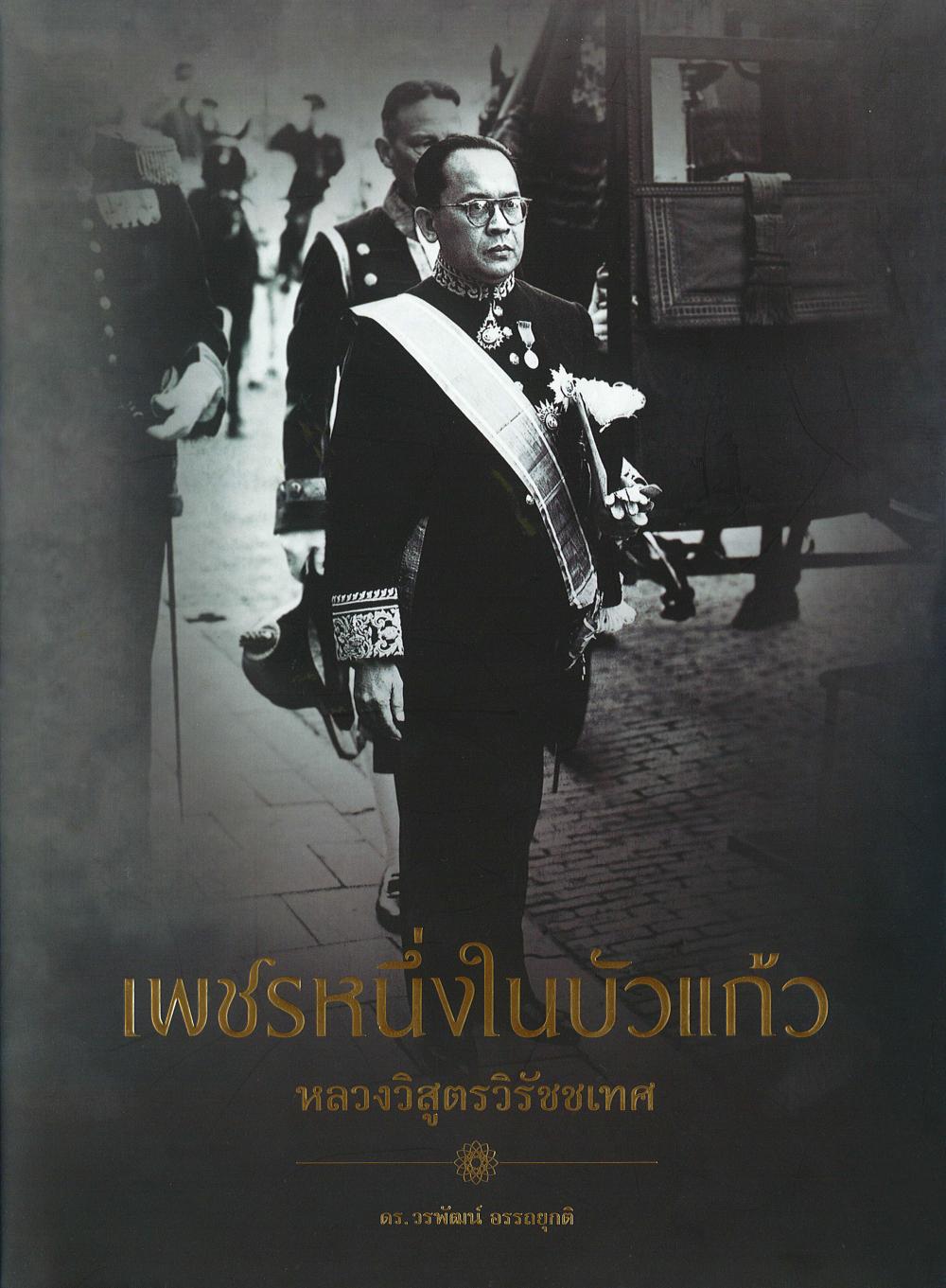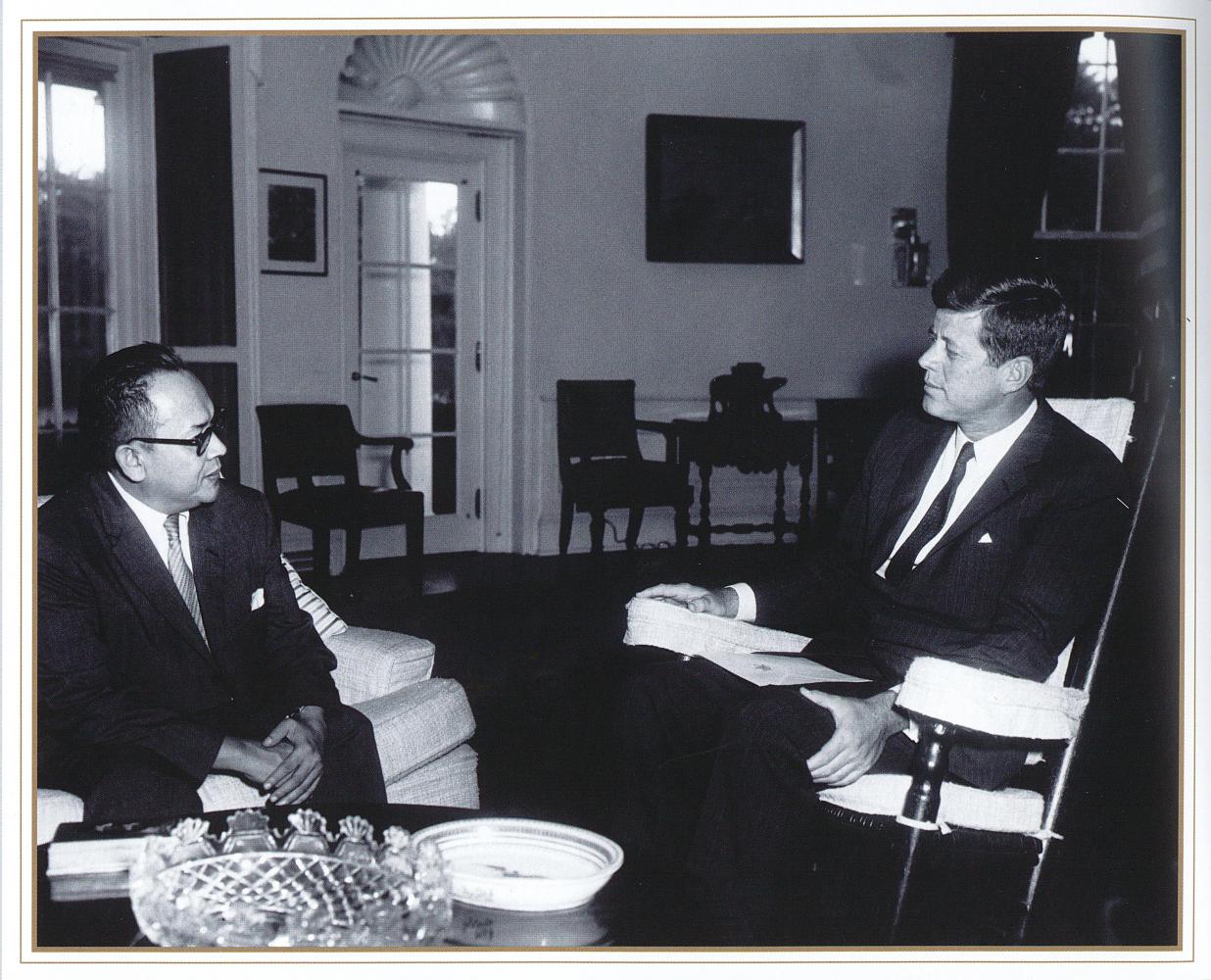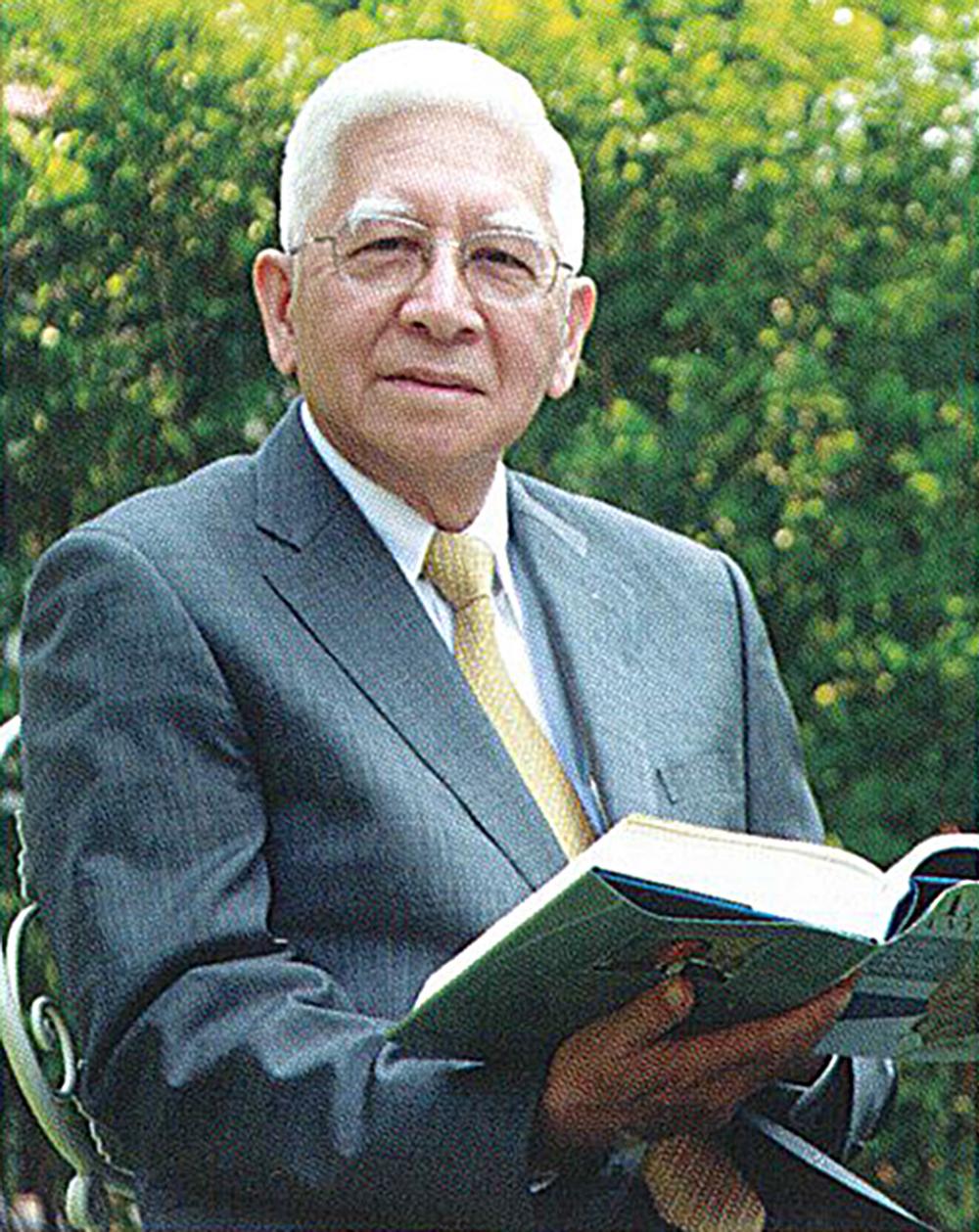Former prime minister Anand Panyarachun will give a speech in tribute to the late former deputy foreign minister Visutr Arthayukti at the launch of his biography on Sunday.

Former ambassador Somboon Sangiambut and former rector of Sukhothai Thammathirat Open University Prachya Vesaratch will also speak at the event, to be held at the Siam Society from 4 to 6.30pm.
The book, Phet Nueng Nai Buakaew: Luang Visutr Virajjades (A Gem In The Foreign Ministry: Luang Visutr Virajjades), is a tribute by a son -- author Woraphat Arthayukti -- to his father, a diplomat whose career spanned some of the most critical times in Thailand's political and foreign relations history.
In the preface, former foreign minister Prof Dr Arun Phanuphong praises Luang Visutr, or Visutr Arthayukti, as an exemplar of international diplomacy throughout his career. Another former foreign minister, deputy prime minister and house speaker Pichai Rattakul, writes that Visutr's life and achievements should serve as a guide for subsequent generations of diplomats to follow.
Born in 1904 to an aristocratic family, Visutr was sent to secondary school in France, with the aim of furthering his studies in law. One of his seniors at the Universite de Caen was Pridi Banomyong, a leading figure in the People's Party which instigated the 1932 Revolution and put an end to absolute monarchy in Thailand.
Some of Visutr's other contemporaries during his student years in France included Prayoon Pamonmontri, Khuang Aphaiwong and First Lieutenant Plaek Khitasangka (later Field Marshal Plaek Pibulsonggram). All would later become leading members of the People's Party after returning to Thailand in the 1930s.
Visutr was not instilled with the same revolutionary spirit during his time in France. When Woraphat asked his mother, the late Khunying Pachern, why, she told him that Pridi and Khuang both wanted Visutr to join their political movement, but he wasn't interested.

Visutr met with US President John F. Kennedy at the White House in 1960.
"His only wish was to build a career in the Foreign Ministry," she said. According to Woraphat, Visutr would later caution his children against entering politics.
Visutr joined the Thai embassy in Paris as a junior staff member upon graduation before moving on to London, back to Paris, then Rome. The insights into the workings of Thai embassies in Europe as described in the book are often fascinating.
For example, a memo by Luang Vichitwathakarn, then a secretary at the Thai embassy in Paris, who would later hold several prominent positions under the premiership of Field Marshal Pibulsonggram, revealed that, from 1920 to 1927, none of the embassy's Thai staff, including the then ambassador, could write properly in Thai as a result of being educated in Europe since childhood.
Responsibility for sending communications back to the homeland thus fell squarely on Vichitwathakarn who later wrote that his six years in Paris provoked such a bitter feeling that he came to intensely resent the then ambassador. However, he credited the experience with fostering fortitude in his character.
Visutr, with his knowledge of French language and culture, and his position in the foreign service, witnessed many major events in history, including the Franco-Thai War (1940-1941) and the inauguration of President John F. Kennedy in 1961.

King Rama VII and Queen Rambhai Barni were accompanied by Visutr Arthayukti, far left, during a trip to Rome back in 1938.
And try as he might, he could not, in the end, escape politics. When Field Marshall Sarit Thanarat staged a coup against Field Marshall Pibulsonggram in 1957, he appointed former foreign minister Pote Sarasin as caretaker premier.
Pote asked Visutr to serve as deputy foreign minister during his government's 90-day tenure. After the elections of the same year, Field Marshall Thanom Kittikachorn reappointed a reluctant Visutr to the same position.
Visutr would continue to serve in government until Field Marshall Sarit became prime minister in 1959 and appointed former ambassador to the US Thanat Khoman as Foreign Minister.
It was only then that Visutr could return to his preferred field of diplomacy. He was appointed Thai ambassador to Washington, DC, where he enjoyed the most distinguished privilege of accompanying King Bhumibol Adulyadej, Her Majesty Queen Sirikit the Queen Mother and the other members of the royal family during their month-long state visit in 1960.
Visutr went on to become the first Thai ambassador to Sweden. This was his last posting before he retired from the foreign service and returned to Thailand having spent more than 25 years in Europe.

Woraphat Arthayukti.
